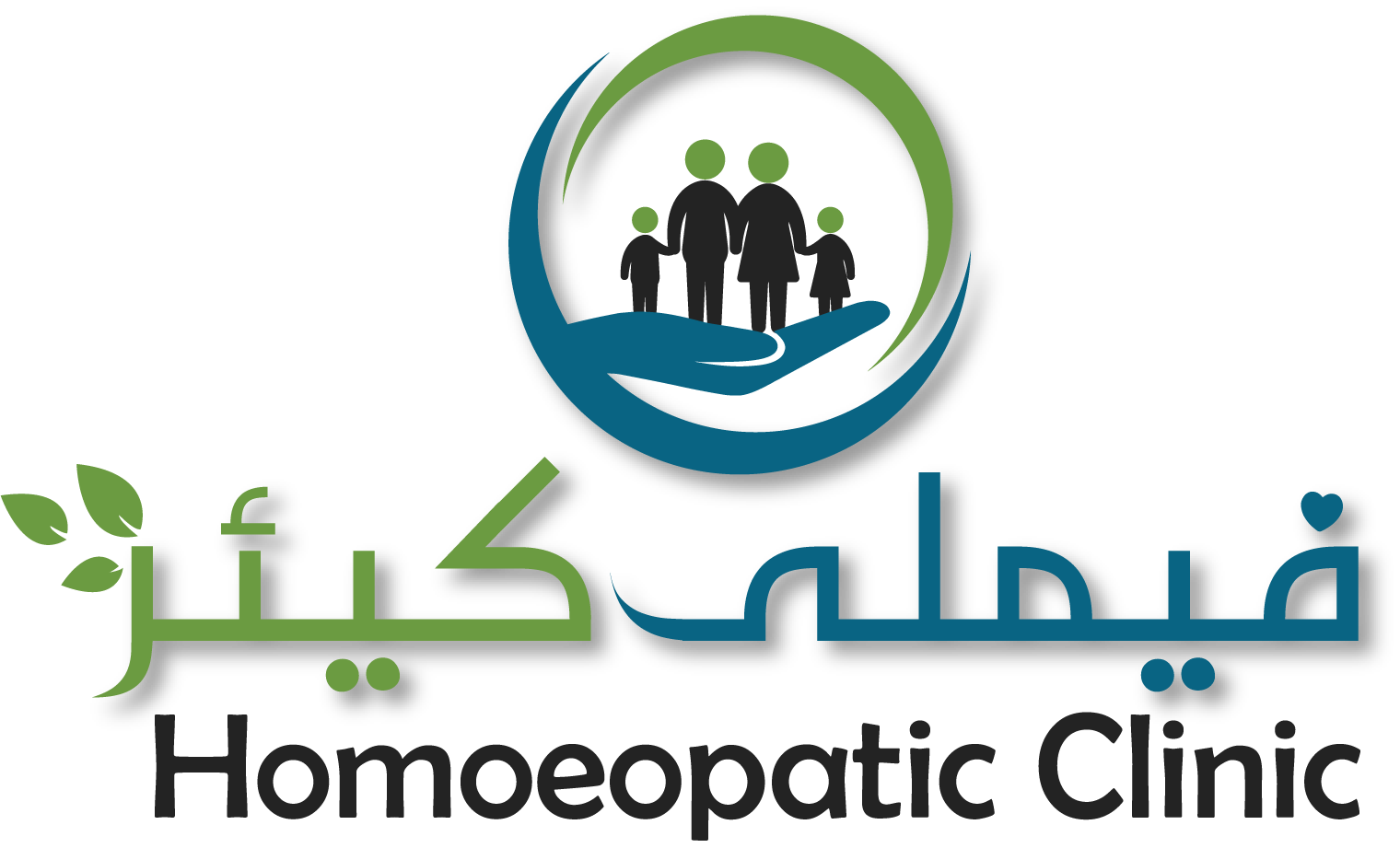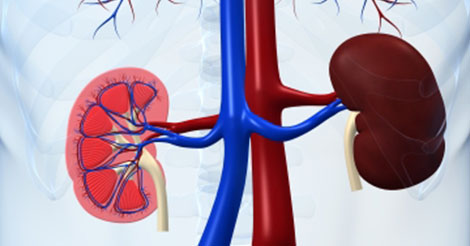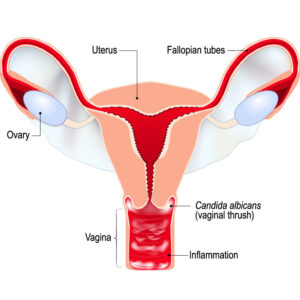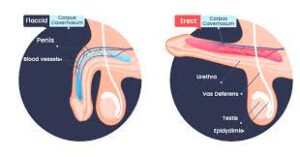Creatine Imbalance: Causes, Symptoms, and Treatment
Creatine is a natural substance that plays a key role in providing energy to muscles. It is also a popular supplement among athletes and bodybuilders who want to increase their muscle mass and strength. However, an imbalance in creatine levels can lead to various health problems. In this article, we will explore the causes, symptoms, and treatment options for creatine imbalance.
Creatine imbalance can be caused by a variety of factors, including:
- Kidney disease: The kidneys are responsible for regulating the levels of creatine in the body. If the kidneys are damaged or not functioning properly, it can lead to a buildup of creatine in the body.
- Genetics: Some people may have a genetic predisposition to creatine imbalance.
- Dehydration: Dehydration can cause a temporary increase in creatine levels.
- Creatine supplementation: Taking too much creatine as a supplement can lead to an imbalance in creatine levels.
Symptoms of Creatine Imbalance
The symptoms of creatine imbalance can vary depending on the severity of the condition. Some common symptoms include:
- Muscle cramps: Creatine imbalance can cause muscle cramps, which can be painful and debilitating.
- Nausea and vomiting: Some people with creatine imbalance may experience nausea and vomiting.
- Swelling: Creatine imbalance can cause swelling, particularly in the legs and ankles.
- Fatigue: Creatine imbalance can lead to fatigue and a general feeling of weakness.
- Changes in urine: In severe cases, creatine imbalance can cause changes in urine color or frequency.
Treatment of Creatine Imbalance
The treatment of creatine imbalance depends on the cause and severity of the condition. Some common treatment options include:
- Kidney disease treatment: If the creatine imbalance is caused by kidney disease, treating the underlying kidney condition is necessary.
- Hydration: In cases where dehydration is the cause of the imbalance, rehydration through drinking plenty of water and other fluids is necessary.
- Creatine supplementation adjustment: Reducing or stopping the use of creatine supplements can help to balance creatine levels in the body.
- Medication: In some cases, medication may be prescribed to help manage the symptoms of creatine imbalance.
- Lifestyle changes: Making lifestyle changes, such as increasing physical activity or adopting a healthier diet, can help to manage creatine imbalance.
Prevention of Creatine Imbalance
Preventing creatine imbalance involves taking certain precautions and being mindful of the amount of creatine you consume. Some tips to help prevent creatine imbalance include:
- Drinking plenty of water: Staying hydrated can help prevent dehydration, which can lead to creatine imbalance.
- Limiting creatine supplementation: If you take creatine supplements, it is important to follow the recommended dosage and not exceed it.
- Managing underlying health conditions: If you have an underlying health condition that could contribute to creatine imbalance, it is important to manage the condition and follow your doctor’s recommendations.
In conclusion, creatine imbalance is a serious condition that can lead to various health problems. If you experience any symptoms of creatine imbalance, such as muscle cramps or swelling, it is important to see a doctor right away. With proper diagnosis and treatment, creatine imbalance can be managed and even prevented.




